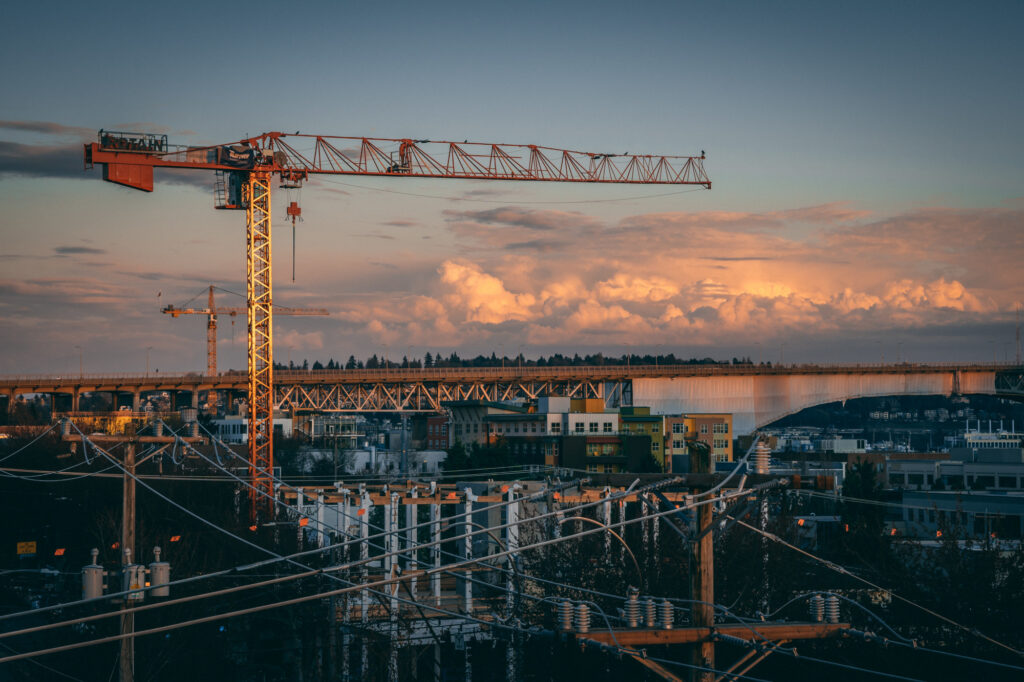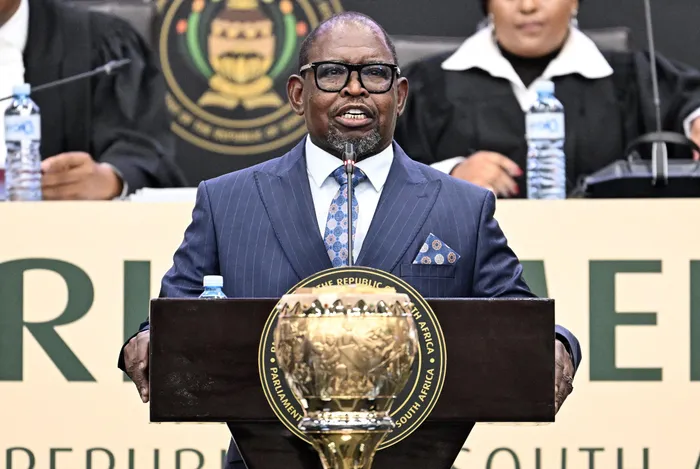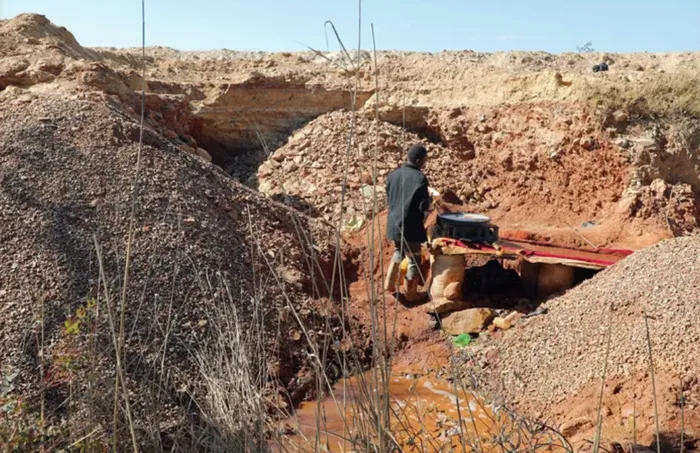Saudi Arabia is witnessing an unprecedented surge in construction activity, drawing global interest and investment as it advances its ambitious Vision 2030 agenda. The Kingdom’s strategic push to diversify its economy beyond oil has led to a historic expansion in infrastructure and urban development, making it one of the most dynamic construction markets in the world. With a record-breaking $71.5 billion worth of public projects awarded in 2024, the construction sector is poised to redefine the country’s economic landscape and attract significant international participation.
Vision 2030: Transforming the Construction Landscape
At the heart of Saudi Arabia’s construction boom is Vision 2030, a comprehensive economic diversification plan aimed at reducing reliance on oil revenues and fostering sustainable development. The initiative has led to the launch of multiple megaprojects that are set to transform the nation’s infrastructure, hospitality, and residential sectors.
One of the standout projects under this initiative is the $65 billion Diriyah Gate, a historical and cultural landmark designed to position Saudi Arabia as a premier global tourism destination. Similarly, NEOM, a futuristic smart city with an estimated cost of $500 billion, is expected to revolutionise urban living with cutting-edge technology and sustainable practices.
These projects are not only reshaping the country’s skyline but are also generating extensive opportunities for international investors, developers, and suppliers seeking to tap into Saudi Arabia’s booming construction market.
Record-Breaking Investments and Opportunities for Foreign Companies
The Kingdom’s rapid infrastructure expansion has created an enormous demand for construction materials, skilled labor, and technological expertise. While local suppliers are striving to meet the growing needs, foreign companies are stepping in to fill the gaps, presenting lucrative business prospects across multiple sectors.
For instance, international firms specialising in raw materials such as cement, steel, and glass are exploring partnerships with Saudi developers to support large-scale construction demands. Brazil’s ProMarmo, a leading supplier of marble and granite, is currently considering establishing operations in Saudi Arabia to cater to the rising demand for high-end construction materials.
Moreover, multinational engineering and technology firms are contributing to the Kingdom’s infrastructure development. Siemens Energy has recently secured a $1.6 billion contract to build a major power plant in Saudi Arabia, further underscoring the country’s commitment to integrating world-class technology into its construction projects.
The Residential Real Estate Surge and Private Investment
Saudi Arabia’s real estate sector is another major beneficiary of the construction boom, with a particular focus on expanding housing options for its growing population. Private buyers are expected to invest over $1.22 billion in the residential real estate market by the end of 2025, driven by increased demand for modern housing solutions and the development of high-profile communities.
Mega-projects like NEOM and King Salman Park are not just attracting corporate investments but are also drawing interest from high-net-worth individuals seeking premium residential properties. The expansion of mortgage financing and government-backed housing initiatives has further accelerated the demand for real estate developments across major cities like Riyadh, Jeddah, and Dammam.
Challenges Facing Saudi Arabia’s Construction Sector
Despite the impressive progress, Saudi Arabia’s construction sector faces several challenges that could impact project completion timelines and overall execution.
Some large-scale projects, particularly NEOM, have faced setbacks due to logistical challenges, rising material costs, and supply chain disruptions. With NEOM’s initial phases already experiencing delays, concerns have been raised over whether such ambitious projects can be delivered on schedule.
The demand for skilled labor in the construction sector has surged, creating gaps in workforce availability. The Saudi government has implemented workforce localisation policies to enhance employment opportunities for Saudi nationals, but the industry still relies heavily on foreign workers to meet the increasing demand.
The Kingdom’s rapid urbanisation has raised concerns over sustainability and environmental impact. To address this, Saudi Arabia is integrating green building practices, renewable energy solutions, and smart city technologies into its construction projects. Initiatives such as the Green Riyadh project aim to enhance urban sustainability by increasing green spaces and reducing carbon footprints.
The Future of Saudi Arabia’s Construction Industry
Saudi Arabia’s construction boom is far from over. With continued government backing, foreign investments, and technological advancements, the sector is expected to sustain its growth trajectory for years to come. The success of Vision 2030 will largely depend on the country’s ability to effectively manage large-scale projects while overcoming economic and logistical challenges.
The rise of public-private partnerships (PPPs) will play a crucial role in shaping the future of Saudi construction. By fostering collaboration between government entities and global developers, the Kingdom aims to enhance project efficiency, improve infrastructure quality, and attract long-term investment.
Additionally, the expansion of renewable energy projects within the construction sector will further solidify Saudi Arabia’s position as a leader in sustainable urban development. The government’s commitment to increasing renewable energy capacity to 50% of total energy consumption by 2030 will drive demand for eco-friendly construction solutions and innovative building technologies.
Saudi Arabia’s construction surge is reshaping the economic and infrastructural landscape of the Middle East. As global investors continue to flock to the Kingdom, the opportunities for participation in this transformative phase remain vast. With the Vision 2030 initiative serving as the guiding force, the Saudi construction industry is not only setting new records in project investments but also redefining the standards for sustainable and technologically advanced urban development.
While challenges such as delays and workforce constraints persist, the overall outlook for the sector remains highly optimistic. The combination of ambitious development projects, strategic international partnerships, and government-led economic reforms ensures that Saudi Arabia will remain a key player in the global construction industry for years to come.








